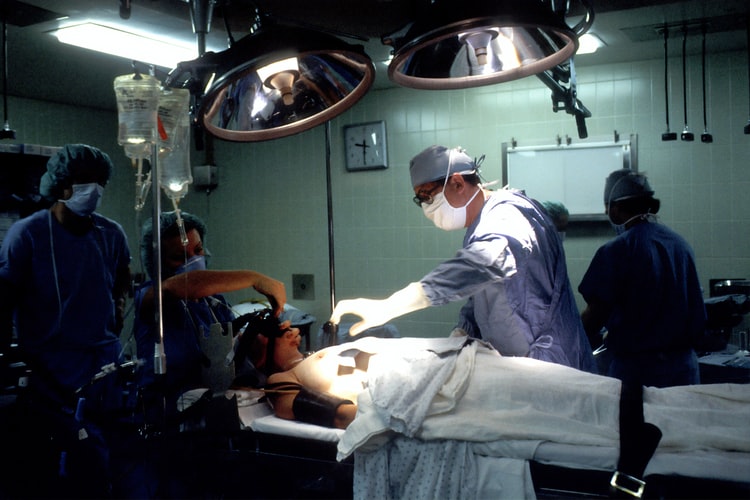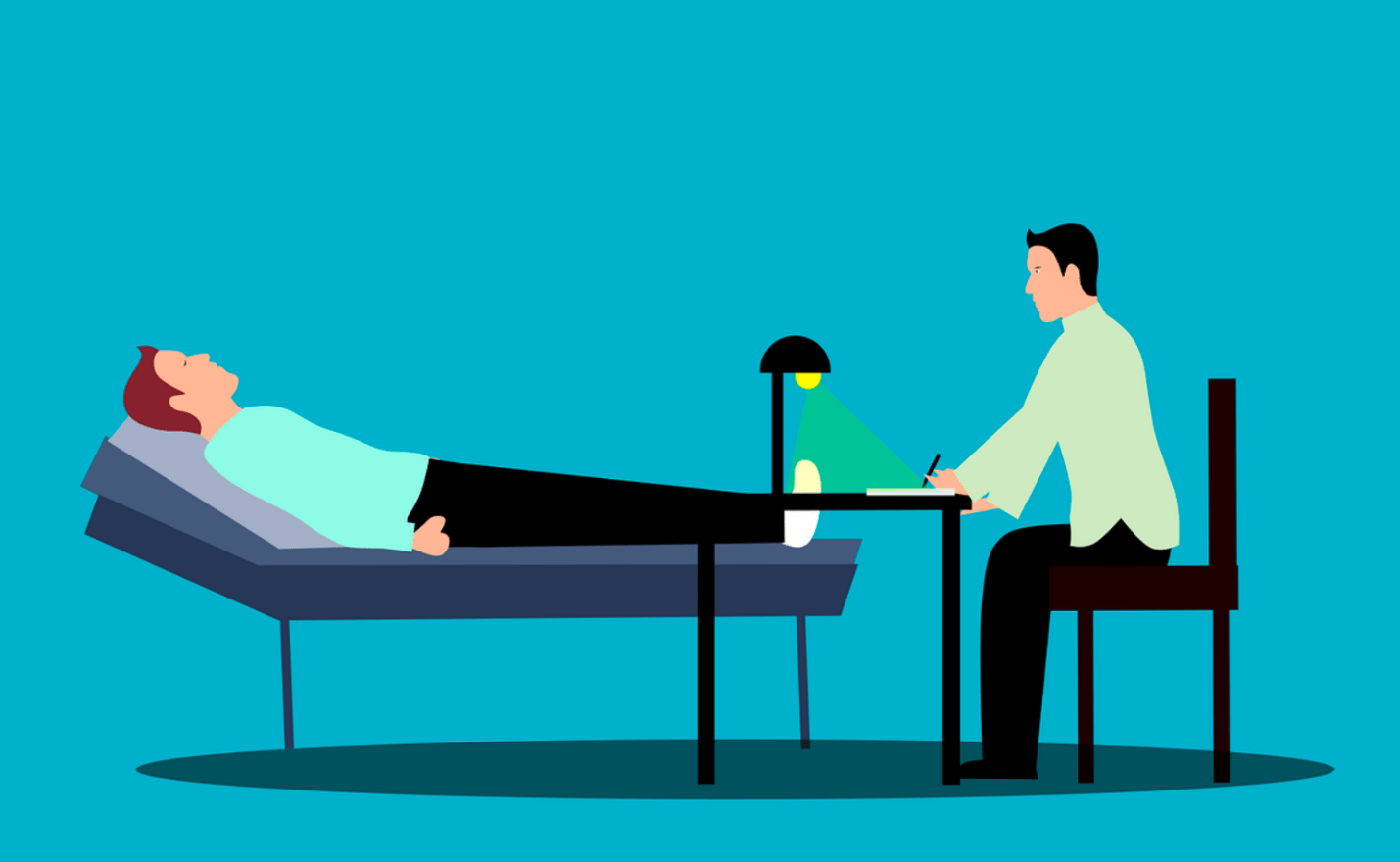What Are the Adverse Effects of Depression Treatment
Insights into Depression Treatment Effects:
Depression is a debilitating mental health condition that interferes with day-to-day activities and can place interpersonal relationships and professional relationships under tremendous strain.
Depressed individuals tend to suffer from feelings of low self-worth, lack of desire, inability to perform, and general malaise. Depending on the severity of the depression, various treatment options are available, including mental health counseling, medication, surgical options, and alternative treatment regimens like Deep TMS™.
In this article, we will highlight the side-effects of depression treatments, and how best to manage them, mitigate them, or avoid them. The discussion begins with medications, notably SSRIs and SNRIs.
Side Effects of Antidepressant Medication:
The most commonly prescribed antidepressants include the likes of:
- Citalopram – 20 mg – 40 mg daily, with orthostatic hypotension, QTc prolongation, and weight gain.
- Escitalopram – 10 mg – 20 mg daily, with orthostatic hypotension, QTc prolongation, and weight gain.
- Fluoxetine – 20 mg – 80 mg daily, with orthostatic hypotension, QTc prolongation, and weight gain.
- Fluvoxamine – 100 mg – 300 mg daily, with drowsiness, orthostatic hypotension, QTc prolongation, and weight gain.
- Paroxetine – 25 mg – 62.5 mg daily, with anticholinergic, drowsiness, orthostatic hypotension, QTc prolongation, and increased weight gain.
- Sertraline – 20 mg – 200 mg daily, with orthostatic hypotension, QTc prolongation, and weight gain.
- Desvenlafaxine – 50 mg daily with slight weight gain.
There are also sexual dysfunction side effects of antidepressants which may or may not affect individuals across the board. The list of antidepressant medications is extensive, and side effects will vary according to dosage and patient.
*Information sourced from Health Alliance
Deep TMS Therapy Side Effects for Treating Depression:

Deep TMS therapy is a revolutionary regimen for dealing with treatment-resistant depression. It is a painless, medication-free option that requires patients to wear a specialized helmet with magnetic pulses which target 2 cm– 4 cm beneath the surface into problematic areas of the brain thought to be responsible for depressive symptoms.
By resetting neural impulses, it is believed that Deep TMS can actually improve mental well-being and alleviate many of the symptoms of depression, leading to a sustainable recovery. Treatment regimens entail 20 minute – 40-minute sessions, Monday through Friday, for 4-6 weeks.
This depression treatment is not painful, nor does it require sedation, anesthesia, or incisions. However, minimal side effects have been reported over the years, notably tingling, headaches, twitching, or discomfort. Fortunately, the side effects pass relatively quickly.
There are no long-term negative effects related to Deep TMS and it is generally well tolerated by the majority of patients who undergo it. Deep TMS can be used in conjunction with medication and therapy for a complete treatment plan.
How Can Mental Health Counseling Negatively Affect Depression?

When it comes to the adverse effects of treating depression, the majority of the literature focuses on medication and the many side effects that patients will encounter. However, scant evidence on the adverse effects of mental health counseling exists. The prevailing notion is that psychological therapy is 100% safe when dealing with depression. Unfortunately, this is not necessarily the case.
The quality of the psychotherapy depends on the quality of the therapist, and the understanding between the patient and the mental health counselor. A beneficial therapeutic relationship requires the therapist to completely understand the issues plaguing the patient. If there are cultural or social nuances that are misunderstood, this can severely undermine the effectiveness of the therapy, rendering it unhelpful.
Patients can easily rate the quality of their therapists, based on how they feel during treatment sessions. If patients feel that they are making progress, the therapist’s treatment plan is working. If not, it’s back to the drawing board. In a sense, a depressed individual must feel comfortable opening up to a therapist and sharing his or her innermost thoughts, fears, grievances, and concerns.
If that relationship is compromised, misunderstood, or problematic, it will negatively affect the patient.
Adverse Effects of Surgical Treatments for Depression:

There are inherent risks anytime surgery is performed. From the outset, there is anxiety about the impending surgical treatment.
This exacerbates the already fragile mind of the depressed individual. Beyond anxiety, surgical procedures involve anesthesia, incisions, risk of infection, and any number of physical ailments, impairments, perhaps even death. Mistakes during surgery can be costly, particularly if medical malpractice is involved. Typical surgery-related effects include pain, swelling, infection, scarring, headaches, nausea, et al.
Electroconvulsive Therapy, or ECT, causes the patient to undergo seizures to stimulate the brain’s neural activity. This form of depression treatment was initially used for treating schizophrenia, but now it’s an effective treatment regimen for major depressive disorder (MDD).
Unfortunately, it is a risky procedure since it requires the patient to be sedated under anesthesia. This makes recovery that much more difficult. There have been instances of short-term memory loss reported, but the biggest issue for ECT is the bad press it has received over the years.
Deep Brain Stimulation or DBT is an invasive surgical procedure that requires the implantation of intracerebral electrodes. This novel neurosurgical treatment is used for treatment-resistant depression. It involves 3 parts, a neurostimulator (a battery-powered pacemaker-style device), and an extension.
General complications of surgery include breakages of the extension wire in the neck, wherein tier through the skin, the requirement to remove the device due to infection, or even mechanical failure. Since the batteries typically require replacement every 2-5 years, this must also be factored into the equation.
Vagus Nerve Stimulation or VNS is generally regarded as safe, but there are certain surgery-related risks with this treatment. These include vocal cord paralysis (usually temporary), infection, incision-side pain, and difficulty swallowing.
After surgery, there are side effects, including sleep apnea, insomnia, tingling/prickling under the skin, breathing difficulties, coughing, headaches, voice changes, and throat pain. The electrical impulses may be uncomfortable, but they can be adjusted to minimize the effects.
Read Also:
- The Impact of Stress on Health
- Ways to Boost Your Mental Health Post-Covid
- How To Maintain a Healthy Heart



